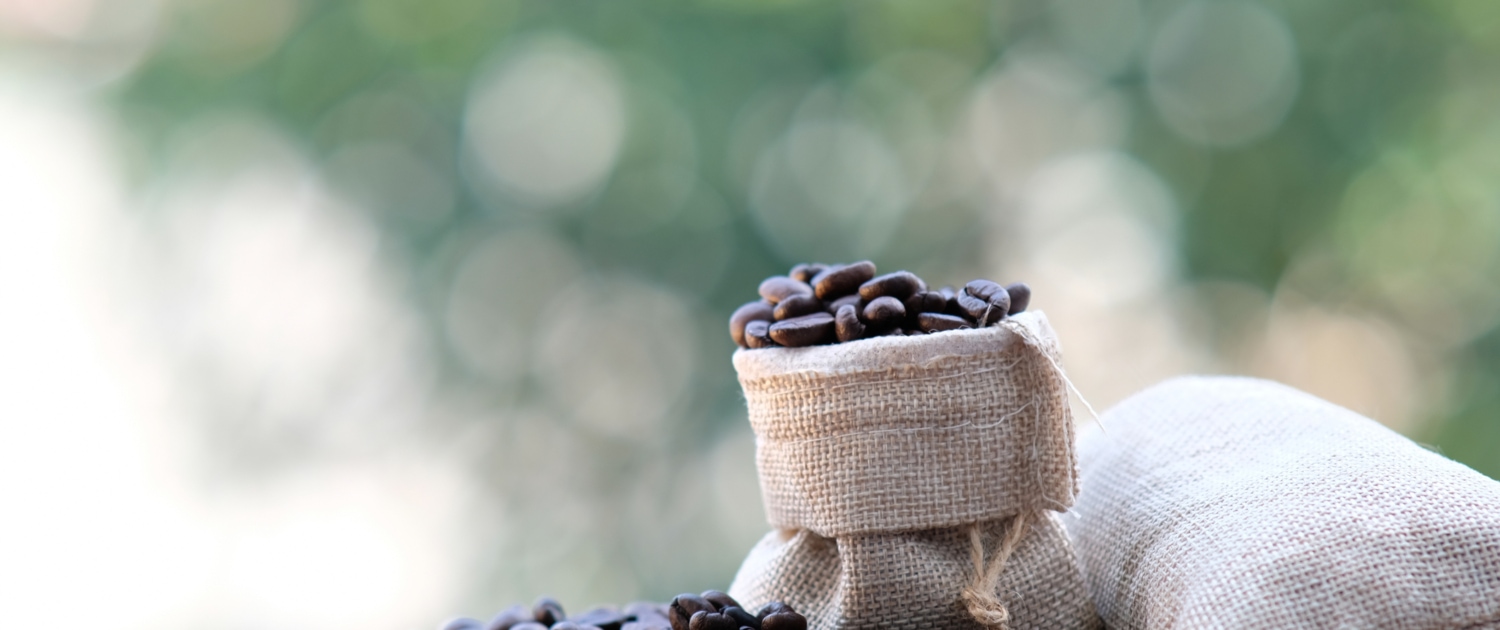Eating Coffee Beans
– Yummy, Healthy or Stupid –
Here is an interesting question for you and me.
Can we eat coffee beans?
Over the recent years, there has been a lot of research about the health benefits of coffee.
It helps lowering the risk of heart disease. You can supposedly reduce the threat of Parkinson’s.
And, there are many more incredible health benefits. Probably, the most important one is that coffee is a huge source of antioxidants.
In short, these little beans are some of the most astonishing natural wonders of our world.
How About Eating Coffee Beans
Okay, maybe we can all agree that a cup of coffee will come with a few useful benefits.
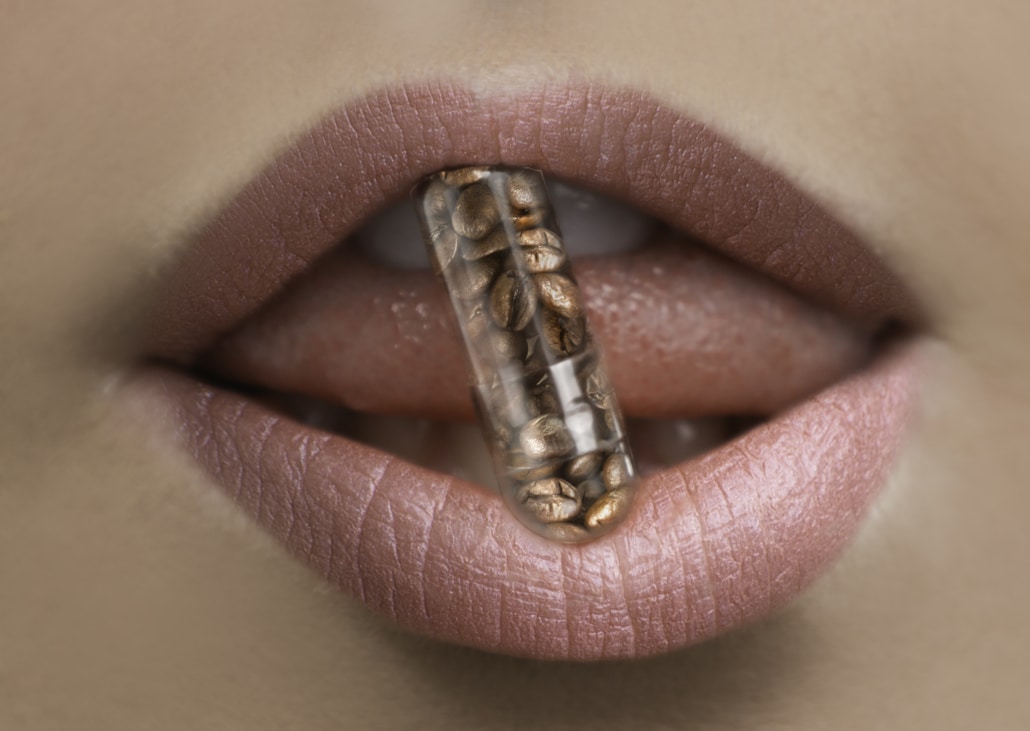
But how about the little coffee beans that make our coffee?
It makes you wonder, if you can achieve the same with them. What happens when we are eating coffee beans directly?
Maybe there will even be more or improved benefits.
Do they taste good? Is it really healthy? Or, would we be stupid to do so?
Let’s find out together about the effects of eating coffee beans.
About the Bean
Before we are getting closer to our answer. Maybe we should first shortly clarify what exactly coffee beans are.
It might be surprising, but coffee beans aren’t really beans.
They are seeds. And, these seeds lie within the fruit of the coffee cherry.
The so called mucilage is surrounding the coffee seeds within the fruit.
Eventually, the entire method of coffee processing will be stripping away the outer cherry fruit and the mucilage as well.
After, farmers or sorting machines can easily remove the coffee seeds. Later on, coffer makers will roast, grind, package and trade them all other the world.
Can You Eat Them
Yes or no? You can probably guess the right answer already.
Of course, you are able to eat coffee beans.
Have you ever tried chocolate-covered roasted coffee beans already, for example?
They are pretty delicious. You can find them at almost any bigger supermarket these days.
Overall, eating coffee beans is absolutely fine.
However, whether or not you should consume them. That is actually the far more interesting question.
Eating Coffee Beans – Green or Roasted
As we already found out. Coffee beans come from a coffee plant.
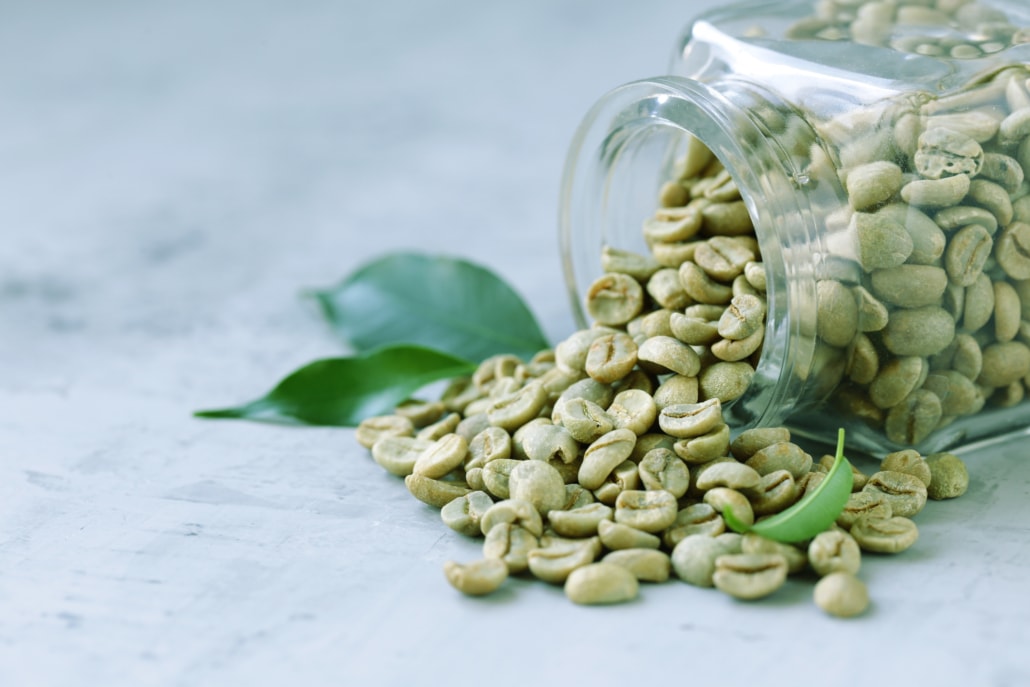
After farmers or machines will pick and sort them. Usually, coffee companies store them as green beans, first.
Green beans simply have a longer longevity when it comes to freshness. Once you start roasting coffee beans, their freshness cannot be sustained for a longer period anymore.
So, when we are talking about eating coffee beans. We will have to consider both green and roasted beans.
In nature, there are some animals that actually eat coffee berries on a regular basis. Like the Indonesian civet jungle cats, for example. You can learn more about them and the well-known Kopi Luwak coffee (internal link) here.
Also for us humans eating coffee beans unroasted and still green can also be an option.
Although, most of us will not really enjoy the taste, I am afraid.
In general, green beans tend to taste grassy or woody. They also taste highly acidic. Without any roasting process done yet. The usual, characteristic flavors did not properly caramelize yet.
Additionally, green beans are also very hard. This simply makes them quite difficult to chew.
On the other hand, roasted beans do have a much more pleasant and present flavor.
They will probably also be less harmful to your teeth. Even though they are also still pretty hard to chew on.
Drinking or Eating Coffee Beans
Coffee addicts just like us have been enjoying eating coffee beans for quite a while already.
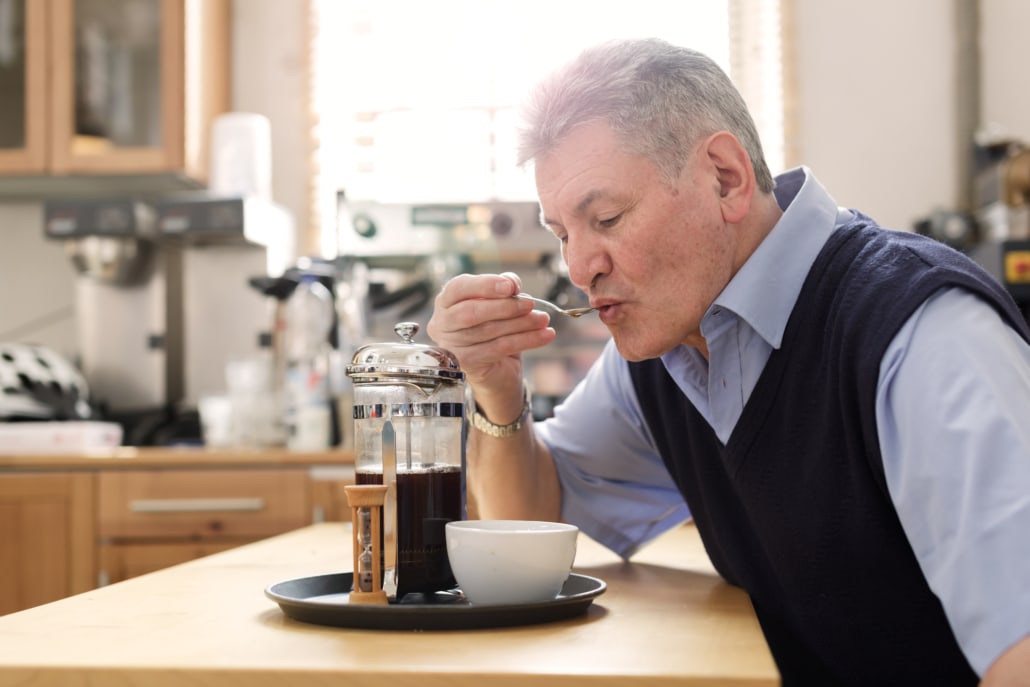
The idea of snacking some coffee beans has been around for centuries already. In fact, it took place even before brewing and drinking coffee became the norm.
In the past, coffee beans were often mixed with animal fats. And then, you would consume them as a snack for an extra boost of energy.
Most individuals were eating them while traveling, working or hunting.
There are and were several ways to turn coffee beans into an enjoyable snack. Some would roast and sweeten them. Others would cover them in chocolate, for example.
Good to Eat
Furthermore and as it turns out, eating coffee beans provides similar effects compared to drinking coffee.
It does not matter, if you eat them green right away. Or, if you would roast them before. There is only one notable exception or difference when eating coffee beans directly.
The effects on you and your body are magnified.
This means that not only are the benefits greater. But, the downsides are also worse.
Okay, so, yes we can eat them. That notion is settled for now.
As a next step, let’s have a look at the major pros and cons.
What are the effects with directly digesting the offspring of the coffee plant on a regular basis?
Advantages of Eating Coffee Beans
Antioxidants
There are many informative studies that show the great health benefits of antioxidants.
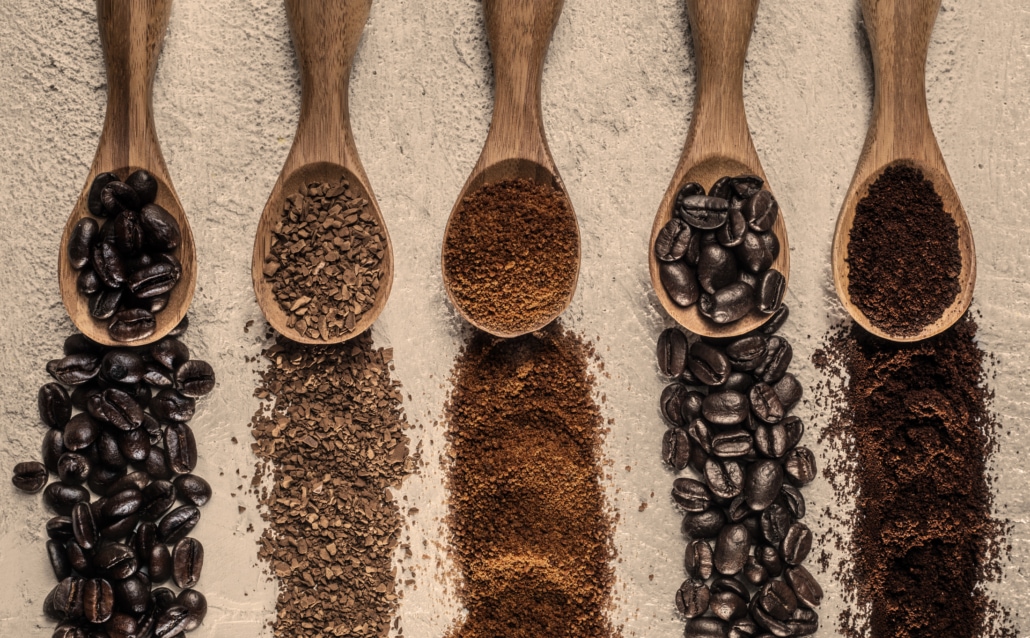
In fact, most of coffee’s acclaimed health benefits stem from the high concentration of antioxidants in the form of chlorogenic acids.
Especially, these phenolic acid compounds are pretty powerful. Studies prove that they are capable to ward off cardiovascular diseases. On top, they also reduce inflammation.
There is even more. You daily cup of coffee also helps reducing the risk of Type 2 Diabetes, Alzheimer’s disease, and more.
For many people coffee is the biggest source of antioxidants. They are getting more from coffee than from any other food or beverage.
Other food sources might contain more antioxidants maybe. But people regularly consume coffee a lot more day in and day out.
Green Arabica Beans have as much as 150mg of these antioxidants per gram, for example.
This would be nearly the double than in green tea.
Unfortunately, we will lose between 50 to 70% of all antioxidants when we roast our coffee beans. After we brew the coffee, there will even be less again.
As a result, eating green coffee beans does not sound like a bad idea. Does it?
Or, we could at least just slightly roast them. Those with a very light roast still carry a huge amount of antioxidants.
Fiber
Coffee beans are high in fiber.
Eat around 30 coffee beans per day. And, you will reach your daily recommended intake by around 10% already.
On the other hand, in case you brew and drink your coffee instead. There will be exactly zero fiber in it.
What’s fiber good for anyhow?
Fiber gives benefits to your body in various ways. For example, it helps preventing constipation. It is one of the most common digestive problems for us humans.
On top, fiber also promotes a feeling of fullness. This can become pretty handy for our own weight management. Even small quantities of fiber already make us feel less hungry.
Sounds great! You can stay lean by eating coffee beans.
Where are my coffee beans? I need some right now.
Caffeine
Eating coffee beans provides you with even more caffeine. Compared to drinking brewed coffee instead.

Additionally, the mucous membranes in your mouth are also able to absorb them better this way.
Several scientific studies support the idea that caffeine can improve memory and mental functioning. It furthermore decreases fatigue. And, caffeine may also help preventing Type 2 Diabetes.
However, there are also coffee consumers who better would want to limit their caffeine intake.
For example, pregnant or breastfeeding women or people with high blood pressure should be more cautions. Drinking brewed coffee is probably the safer option for them.
Too much caffeine can also cause sleep disruptions.
So, anyone who has difficulties to sleep should also avoid too many beans. This is particularly important late in the evenings.
Each coffee bean contains around 5 to 10 milligrams of caffeine.
And in general, experts suggest not more than 400 milligrams of caffeine for an adult per day.
Disadvantages of Eating Coffee Beans
Now, that we have a pretty good idea about the good things when we are eating coffee beans directly.
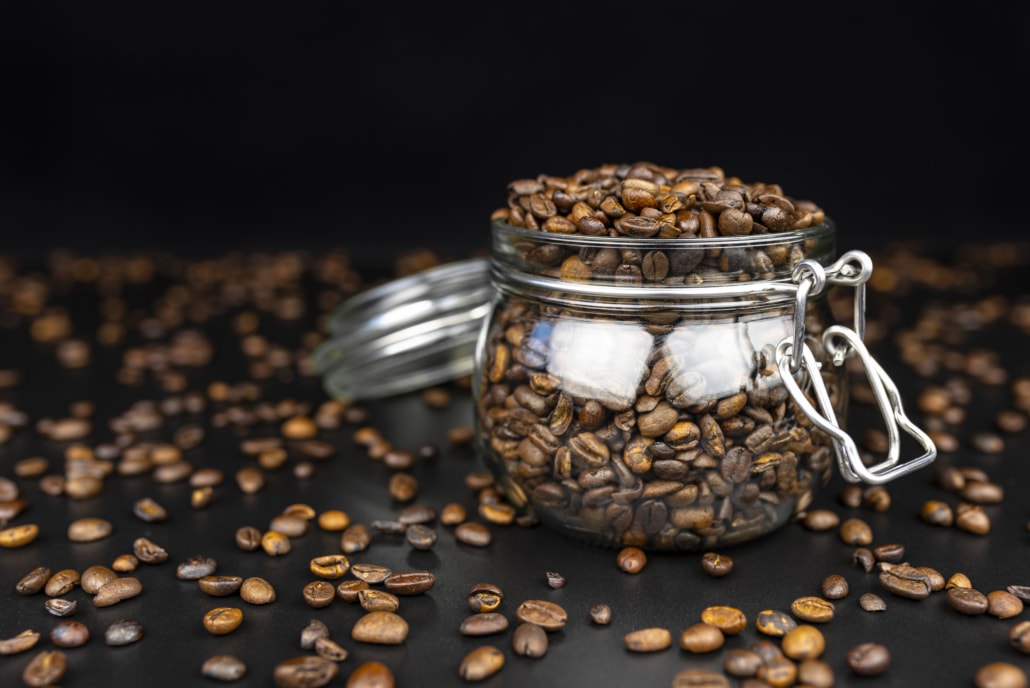
Let’s also have a look what might be harmful to us and our body.
Heartburn
Acids in coffee are responsible giving it its bright but also bitter flavor.
Many of us find these flavor notes very appealing in coffee.
But for those with sensitivities, they can also lead to painful heartburn.
Rather unsurprisingly in this case, eating raw coffee beans can even make it worse.
Naturally, coffee beans contain high amounts of acid. Furthermore, there are also additional substances such as caffeine and catechols.
Scientific research suggests that especially these substances boost the production of stomach acid.
You can find higher quantities of the substances in whole coffee beans. This would suggest to rather limit your intake in a moderate way.
Liquid and brewed coffee would already have a significantly lesser amount.
Cholesterol
There is some rather disturbing research evidence about coffee beans and cholesterol.
Compared to drinking coffee, several studies suggest that eating coffee beans may lead to an increased production of low-density lipoprotein. In short, experts call it LDL, which is regarded as the ‘bad’ cholesterol.
Scientists mainly raise this claim due to the presence of two compounds in coffee beans, namely cafestol and kahweol.
These are even more so present in whole coffee beans. In fact, the overall quantity would be 10 to 40 times greater than in brewed coffee.
However, more research about the direct links and causes between cholesterol and coffee still needs to be done.
Nonetheless, it is advisable of not regularly eating coffee beans. At least not in large amounts. Because a high cholesterol level can become a real concern.
Laxative Effect
Maybe we don’t need to get too much into detail for this point.
In general terms, if you have digestive problems. Laxative properties of coffee can help making your restroom visit much more pleasant and shorter.
However, if you are eating too many coffee beans. The usual and helpful benefits might turn on you instead.
In extreme situations, it can even lead to serious diarrhea.
So, please be a bit cautious. Stay moderate with you daily coffee bean intake.
Overall Taste
Many of us really do enjoy and appreciate a dark cup of bitter black coffee.
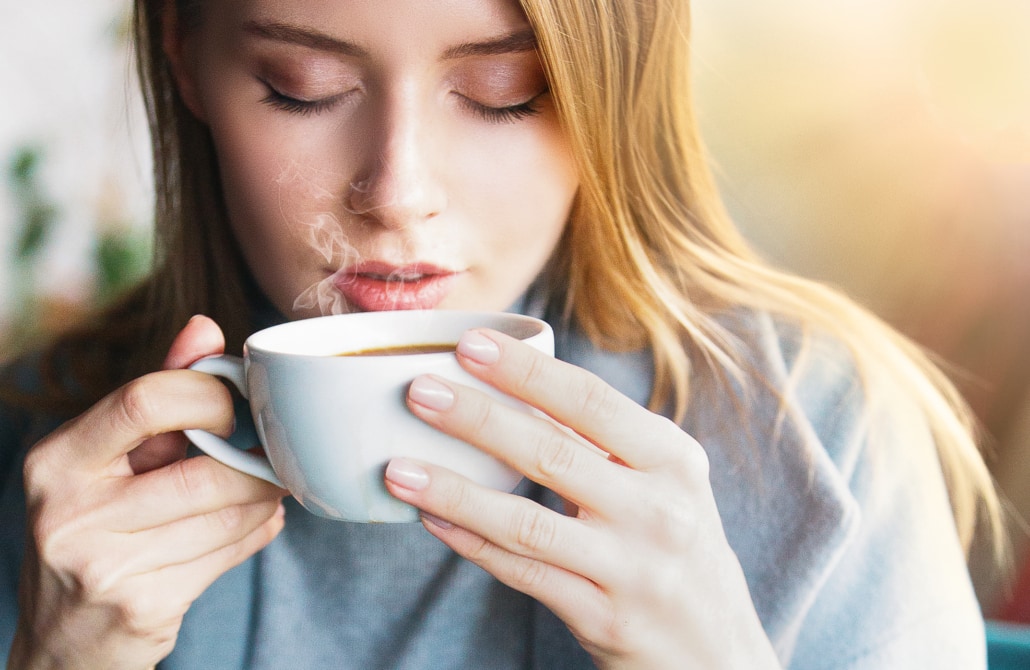
But believe me, this is nothing compared to the bitter graininess of crunching down on a roasted bean.
Most people would probably suggest not doing it in the first place. This has mostly to do with the overall taste and texture of coffee beans.
Fortunately though, there are several delicious variations to eat these beans.
As already mentioned earlier, there is one particular creation, which I fancy the most. It‘s the most popular chocolate-covered coffee beans.
These tasty coffee snacks certainly improve the deliciousness factor. But, they also increase both the overall sugar and fat content of your snack.
Again, a moderate intake might be the best way here.
Another great option is eating unbrewed coffee grounds. But, don’t get me wrong. You are not just supposed to eat coffee ground powder by itself.
Indeed, there are many fascinating recipes on how to incorporate unbrewed coffee ground into baked goods.
Last but not least, you could also try out some nutrient rich protein shakes. There are many great recipes for you to try out there.
FAQ Summary – Some Frequently Asked Questions
Can You Eat Raw Coffee Beans
Yes, you can eat raw coffee beans.
However, you may not like them that much. You will probably prefer roasted beans.
Most people would describe the overall taste as rather unpleasant. Raw beans are also highly acidic and are dense and hard.
You will simply find it difficult to comfortably chew them.
But there are also a few benefits. Raw beans are richer in nutrients and antioxidants.
After you would roast your raw beans, they would lose most of their natural potential already.
Does Eating Coffee Beans Help You Lose Weight
Yes and no.
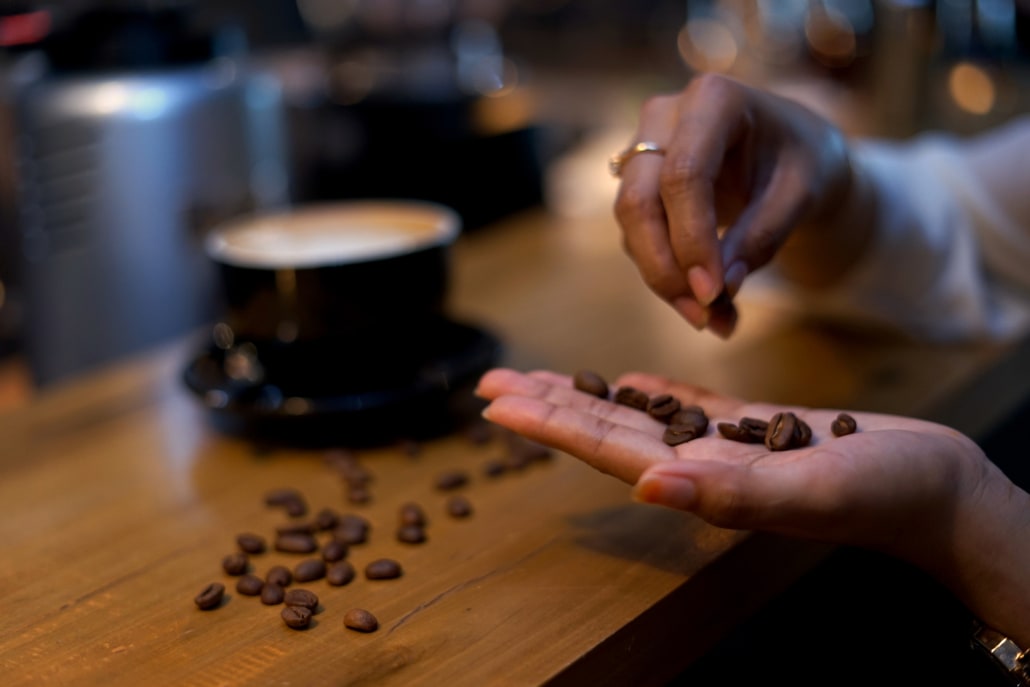
Coffee beans contain fiber and chlorogenic acids. These compounds can help you lose and manage your weight.
In fact, several studies promote the idea even further. They claim that chlorogenic acid helps reducing the absorption of carbohydrates.
However, if you roast coffee beans. Most of their chlorogenic acids will vanish during the process.
Choosing green beans instead of roasted beans would be the right way here then.
But, don’t take too many on a daily basis.
Otherwise, you might lose way too many things during your next couple restroom visits.
Anyhow and in general, coffee beans can help you losing weight.
But do not just rely on them. Several factors like a rich and proper diet, exercise and so on need to be in place as well.
Eating coffee beans should only become one part of it all.
How Many Coffee Beans Are Safe to Eat
Let’s say you are a normal and healthy individual.
You could consume up to 400 mg of caffeine without any big concern. Of course, this really depends on your overall sensitivity and tolerance.
So, you might want to measure and gradually increase your daily intake.
In general, a single Arabica coffee bean contains about 5 to 10 mg of caffeine. This would mean following.
You are more or less safe to eat as much as 40 to 80 pure coffee beans per day.
However, food items like chocolate-covered coffee beans have higher amounts of caffeine. Please keep this in mind as well.
For example, regular milk chocolate contains 9 mg of caffeine per ounce. Dark regular chocolate can have up to 12 mg of caffeine per ounce.
Sadly, my favorite chocolate-covered beans will have a lot more in them though.
A serving of only 28 chocolate-covered beans is estimated to contain 336 mg of caffeine.
The Bottom Line of Eating Coffee Beans
To eat or not to eat them?
That was the question. I hope that I could help you answer it.
Yes, coffee beans are perfectly edible.
Indeed, they even carry a lot of health benefits in them. Coffee beans can definitely be a healthy addition to your regular diet.
Just keep in mind to limit your intake and don’t overdo it.
It is like with almost all of the good things in life, right? Some is great, too much sounds better but can also brings some risks.
Have you ever tried eating coffee beans? Do you like them raw or dipped in some chocolate maybe?
Would you rather prefer snacking on green or roasted coffee beans?
Are there interesting recipes using coffee grounds, you would like to share?
Feel free to let us know.
Until then, enjoy your coffee beans and stay healthy!
Related Posts
 https://www.siamhillscoffee.com/wp-content/uploads/What-is-Caffeine-–-Is-it-Good-or-Bad-for-Your-Health-–-1.jpg
1414
2121
Siamhillscoffee
https://www.siamhillscoffee.com/wp-content/uploads/coffee-logo.png
Siamhillscoffee2021-04-25 11:19:442021-04-25 11:19:44What is Caffeine? – Is it Good or Bad for Your Health –
https://www.siamhillscoffee.com/wp-content/uploads/What-is-Caffeine-–-Is-it-Good-or-Bad-for-Your-Health-–-1.jpg
1414
2121
Siamhillscoffee
https://www.siamhillscoffee.com/wp-content/uploads/coffee-logo.png
Siamhillscoffee2021-04-25 11:19:442021-04-25 11:19:44What is Caffeine? – Is it Good or Bad for Your Health – https://www.siamhillscoffee.com/wp-content/uploads/How-Much-Caffeine-is-in-a-Cup-of-Coffee-All-You-Need-to-Know-–-1.jpg
1414
2121
Siamhillscoffee
https://www.siamhillscoffee.com/wp-content/uploads/coffee-logo.png
Siamhillscoffee2021-04-25 11:10:082021-04-25 11:10:08How Much Caffeine is in a Cup of Coffee – All You Need to Know –
https://www.siamhillscoffee.com/wp-content/uploads/How-Much-Caffeine-is-in-a-Cup-of-Coffee-All-You-Need-to-Know-–-1.jpg
1414
2121
Siamhillscoffee
https://www.siamhillscoffee.com/wp-content/uploads/coffee-logo.png
Siamhillscoffee2021-04-25 11:10:082021-04-25 11:10:08How Much Caffeine is in a Cup of Coffee – All You Need to Know –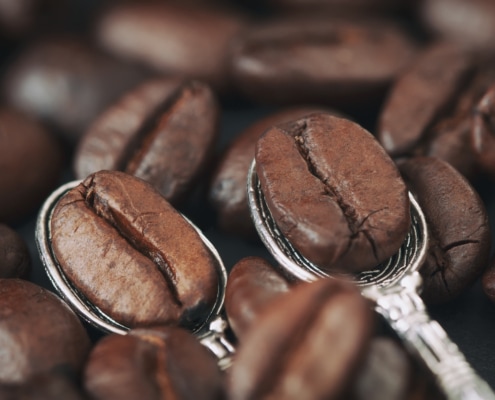 https://www.siamhillscoffee.com/wp-content/uploads/Coffee-and-Antioxidants-A-Complete-Overview-–-1.jpg
1413
2122
Siamhillscoffee
https://www.siamhillscoffee.com/wp-content/uploads/coffee-logo.png
Siamhillscoffee2021-03-14 03:52:072021-03-14 03:52:07Coffee and Antioxidants – A Complete Overview –
https://www.siamhillscoffee.com/wp-content/uploads/Coffee-and-Antioxidants-A-Complete-Overview-–-1.jpg
1413
2122
Siamhillscoffee
https://www.siamhillscoffee.com/wp-content/uploads/coffee-logo.png
Siamhillscoffee2021-03-14 03:52:072021-03-14 03:52:07Coffee and Antioxidants – A Complete Overview –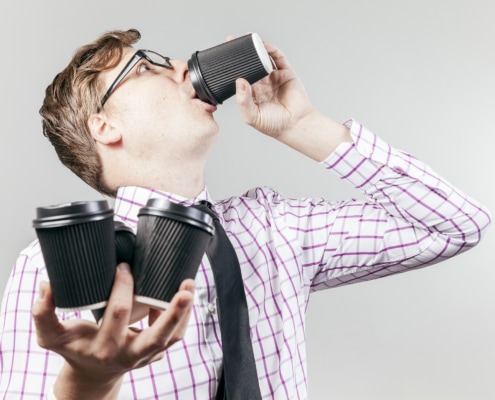 https://www.siamhillscoffee.com/wp-content/uploads/Caffeine-Overdose-–-A-Review-on-How-Much-is-Too-Much-–-1.jpg
1414
2121
Siamhillscoffee
https://www.siamhillscoffee.com/wp-content/uploads/coffee-logo.png
Siamhillscoffee2021-03-14 03:44:312021-03-14 03:44:31Caffeine Overdose – A Review on How Much is Too Much –
https://www.siamhillscoffee.com/wp-content/uploads/Caffeine-Overdose-–-A-Review-on-How-Much-is-Too-Much-–-1.jpg
1414
2121
Siamhillscoffee
https://www.siamhillscoffee.com/wp-content/uploads/coffee-logo.png
Siamhillscoffee2021-03-14 03:44:312021-03-14 03:44:31Caffeine Overdose – A Review on How Much is Too Much –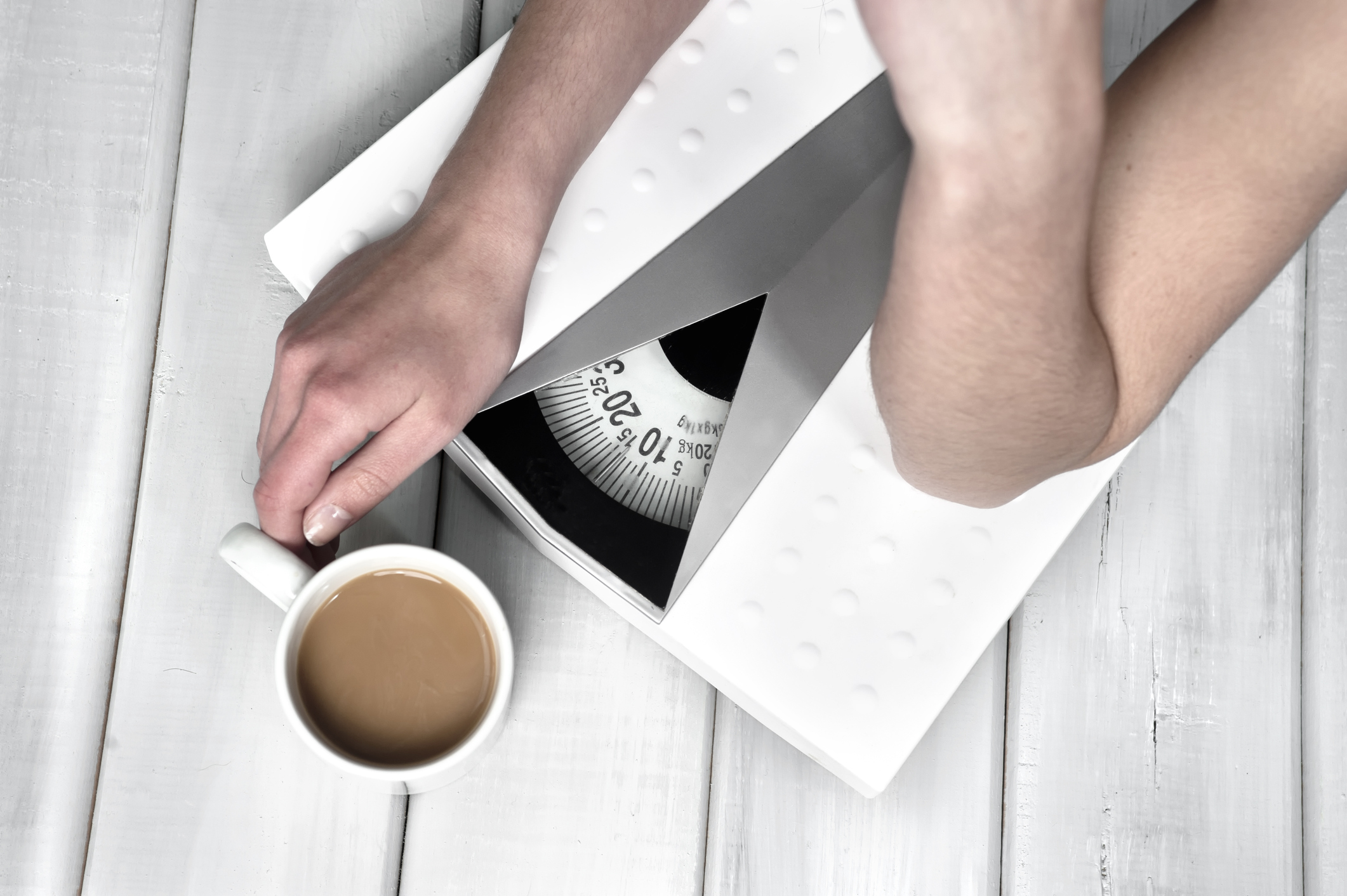 https://www.siamhillscoffee.com/wp-content/uploads/Lose-Weight-with-Coffee-–-Does-Coffee-Help-Burning-Fat-–-1.jpg
1412
2122
Siamhillscoffee
https://www.siamhillscoffee.com/wp-content/uploads/coffee-logo.png
Siamhillscoffee2021-03-14 03:34:242021-03-14 03:34:24Lose Weight with Coffee – Does Coffee Help Burning Fat? –
https://www.siamhillscoffee.com/wp-content/uploads/Lose-Weight-with-Coffee-–-Does-Coffee-Help-Burning-Fat-–-1.jpg
1412
2122
Siamhillscoffee
https://www.siamhillscoffee.com/wp-content/uploads/coffee-logo.png
Siamhillscoffee2021-03-14 03:34:242021-03-14 03:34:24Lose Weight with Coffee – Does Coffee Help Burning Fat? –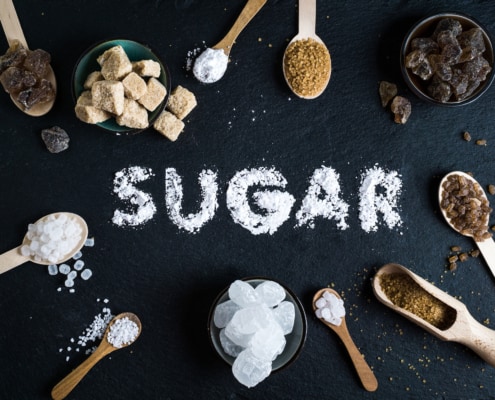 https://www.siamhillscoffee.com/wp-content/uploads/Natural-Coffee-Sweeteners-–-Best-Natural-Sugar-Substitutes-For-You-–-1.jpg
1502
1997
Siamhillscoffee
https://www.siamhillscoffee.com/wp-content/uploads/coffee-logo.png
Siamhillscoffee2021-02-20 05:43:182021-03-03 07:41:19Natural Coffee Sweeteners – Best Natural Sugar Substitutes For You –
https://www.siamhillscoffee.com/wp-content/uploads/Natural-Coffee-Sweeteners-–-Best-Natural-Sugar-Substitutes-For-You-–-1.jpg
1502
1997
Siamhillscoffee
https://www.siamhillscoffee.com/wp-content/uploads/coffee-logo.png
Siamhillscoffee2021-02-20 05:43:182021-03-03 07:41:19Natural Coffee Sweeteners – Best Natural Sugar Substitutes For You –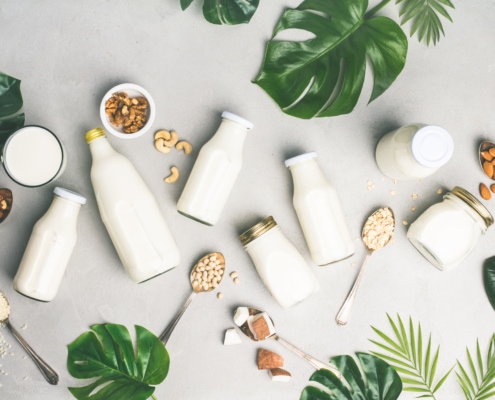 https://www.siamhillscoffee.com/wp-content/uploads/Great-Milk-Alternatives-–-Your-9-Best-Nondairy-Substitutes-for-Milk-–-1-scaled.jpg
1707
2560
Siamhillscoffee
https://www.siamhillscoffee.com/wp-content/uploads/coffee-logo.png
Siamhillscoffee2021-02-20 05:26:492021-03-03 10:47:18Great Milk Alternatives – Your 9 Best Nondairy Substitutes for Milk –
https://www.siamhillscoffee.com/wp-content/uploads/Great-Milk-Alternatives-–-Your-9-Best-Nondairy-Substitutes-for-Milk-–-1-scaled.jpg
1707
2560
Siamhillscoffee
https://www.siamhillscoffee.com/wp-content/uploads/coffee-logo.png
Siamhillscoffee2021-02-20 05:26:492021-03-03 10:47:18Great Milk Alternatives – Your 9 Best Nondairy Substitutes for Milk –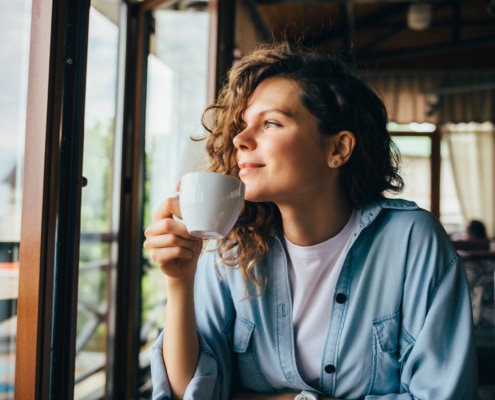 https://www.siamhillscoffee.com/wp-content/uploads/Make-Your-Coffee-Healthy-–-Best-10-Ways-For-A-Better-Coffee-Experience-–-1.jpg
1414
2121
Siamhillscoffee
https://www.siamhillscoffee.com/wp-content/uploads/coffee-logo.png
Siamhillscoffee2021-02-12 08:13:182021-03-03 10:57:16Make Your Coffee Healthy – Best 10 Ways For A Better Coffee Experience –
https://www.siamhillscoffee.com/wp-content/uploads/Make-Your-Coffee-Healthy-–-Best-10-Ways-For-A-Better-Coffee-Experience-–-1.jpg
1414
2121
Siamhillscoffee
https://www.siamhillscoffee.com/wp-content/uploads/coffee-logo.png
Siamhillscoffee2021-02-12 08:13:182021-03-03 10:57:16Make Your Coffee Healthy – Best 10 Ways For A Better Coffee Experience –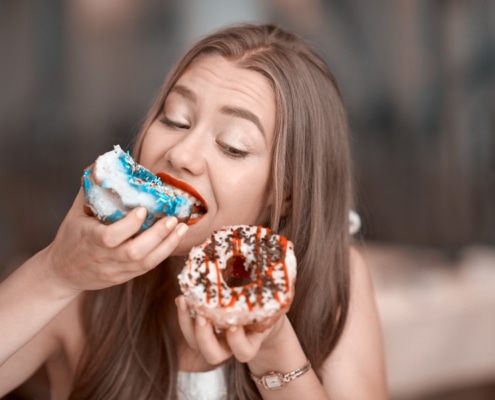 https://www.siamhillscoffee.com/wp-content/uploads/10-Best-Ways-to-Eat-Less-Sugar-–-How-to-Cut-Down-on-Sugar-–-1-scaled.jpg
1709
2560
Siamhillscoffee
https://www.siamhillscoffee.com/wp-content/uploads/coffee-logo.png
Siamhillscoffee2021-02-12 08:07:142021-03-03 10:58:4810 Best Ways to Eat Less Sugar – How to Cut Down on Sugar –
https://www.siamhillscoffee.com/wp-content/uploads/10-Best-Ways-to-Eat-Less-Sugar-–-How-to-Cut-Down-on-Sugar-–-1-scaled.jpg
1709
2560
Siamhillscoffee
https://www.siamhillscoffee.com/wp-content/uploads/coffee-logo.png
Siamhillscoffee2021-02-12 08:07:142021-03-03 10:58:4810 Best Ways to Eat Less Sugar – How to Cut Down on Sugar – https://www.siamhillscoffee.com/wp-content/uploads/Decaf-Coffee-–-Is-Decaffeinated-Coffee-Good-or-Bad-–-1.jpg
1415
2120
Siamhillscoffee
https://www.siamhillscoffee.com/wp-content/uploads/coffee-logo.png
Siamhillscoffee2021-02-12 07:57:572021-03-03 11:01:42Decaf Coffee – Is Decaffeinated Coffee Good or Bad? –
https://www.siamhillscoffee.com/wp-content/uploads/Decaf-Coffee-–-Is-Decaffeinated-Coffee-Good-or-Bad-–-1.jpg
1415
2120
Siamhillscoffee
https://www.siamhillscoffee.com/wp-content/uploads/coffee-logo.png
Siamhillscoffee2021-02-12 07:57:572021-03-03 11:01:42Decaf Coffee – Is Decaffeinated Coffee Good or Bad? –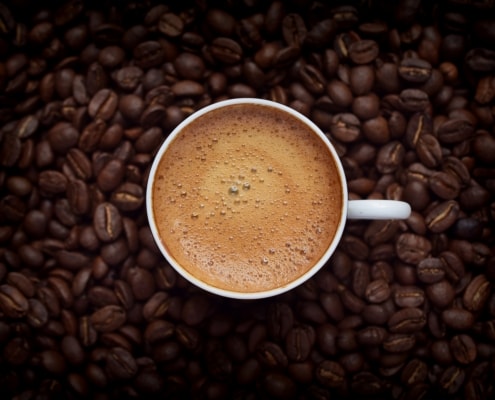 https://www.siamhillscoffee.com/wp-content/uploads/Coffee-Acidity-–-Everything-You-Need-to-Know-–-1-scaled.jpg
1707
2560
Siamhillscoffee
https://www.siamhillscoffee.com/wp-content/uploads/coffee-logo.png
Siamhillscoffee2021-02-12 07:52:442021-03-03 11:02:58Coffee Acidity – Everything You Need to Know –
https://www.siamhillscoffee.com/wp-content/uploads/Coffee-Acidity-–-Everything-You-Need-to-Know-–-1-scaled.jpg
1707
2560
Siamhillscoffee
https://www.siamhillscoffee.com/wp-content/uploads/coffee-logo.png
Siamhillscoffee2021-02-12 07:52:442021-03-03 11:02:58Coffee Acidity – Everything You Need to Know –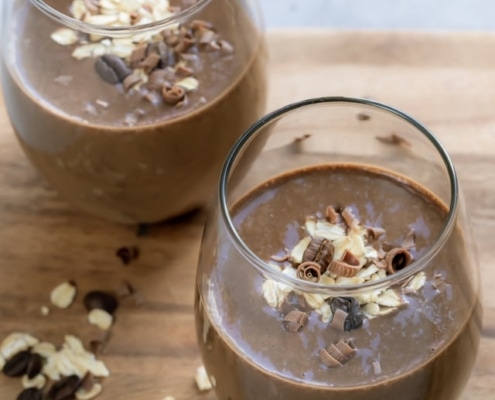 https://www.siamhillscoffee.com/wp-content/uploads/10-Best-Coffee-Protein-Shakes-–-Make-Your-Morning-Better-–-1.jpg
960
640
Siamhillscoffee
https://www.siamhillscoffee.com/wp-content/uploads/coffee-logo.png
Siamhillscoffee2021-02-12 07:48:282021-03-03 11:04:1910 Best Coffee Protein Shakes – Make Your Morning Better –
https://www.siamhillscoffee.com/wp-content/uploads/10-Best-Coffee-Protein-Shakes-–-Make-Your-Morning-Better-–-1.jpg
960
640
Siamhillscoffee
https://www.siamhillscoffee.com/wp-content/uploads/coffee-logo.png
Siamhillscoffee2021-02-12 07:48:282021-03-03 11:04:1910 Best Coffee Protein Shakes – Make Your Morning Better –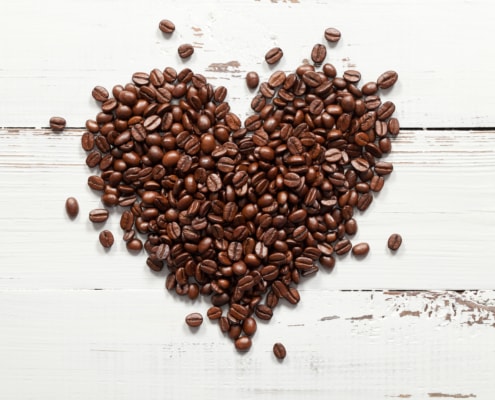 https://www.siamhillscoffee.com/wp-content/uploads/We-Love-Coffee-–-10-Best-Reasons-Why-Coffee-is-Good-For-You-1-scaled.jpg
1707
2560
Siamhillscoffee
https://www.siamhillscoffee.com/wp-content/uploads/coffee-logo.png
Siamhillscoffee2021-02-12 07:43:082021-03-03 11:05:47We Love Coffee – 10 Best Reasons Why Coffee is Good For You –
https://www.siamhillscoffee.com/wp-content/uploads/We-Love-Coffee-–-10-Best-Reasons-Why-Coffee-is-Good-For-You-1-scaled.jpg
1707
2560
Siamhillscoffee
https://www.siamhillscoffee.com/wp-content/uploads/coffee-logo.png
Siamhillscoffee2021-02-12 07:43:082021-03-03 11:05:47We Love Coffee – 10 Best Reasons Why Coffee is Good For You – https://www.siamhillscoffee.com/wp-content/uploads/What-is-Chicory-Coffee-–-A-Healthy-Alternative-to-Coffee-or-Not-–-1-scaled.jpg
1747
2560
Siamhillscoffee
https://www.siamhillscoffee.com/wp-content/uploads/coffee-logo.png
Siamhillscoffee2021-02-12 07:37:062021-03-03 11:06:59What is Chicory Coffee? – A Healthy Alternative to Coffee or Not –
https://www.siamhillscoffee.com/wp-content/uploads/What-is-Chicory-Coffee-–-A-Healthy-Alternative-to-Coffee-or-Not-–-1-scaled.jpg
1747
2560
Siamhillscoffee
https://www.siamhillscoffee.com/wp-content/uploads/coffee-logo.png
Siamhillscoffee2021-02-12 07:37:062021-03-03 11:06:59What is Chicory Coffee? – A Healthy Alternative to Coffee or Not –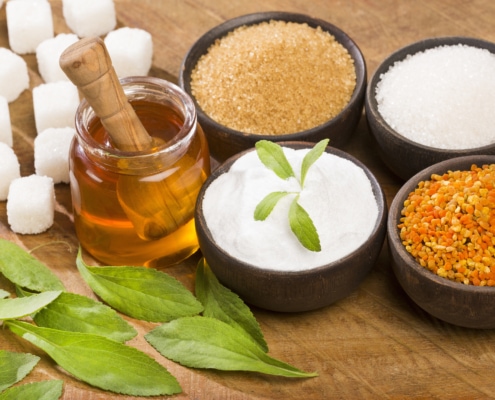 https://www.siamhillscoffee.com/wp-content/uploads/10-Best-Natural-Sugar-Substitutes-–-Your-Healthier-Sugar-Alternatives-to-Try-–-1-scaled.jpg
1707
2560
Siamhillscoffee
https://www.siamhillscoffee.com/wp-content/uploads/coffee-logo.png
Siamhillscoffee2021-02-12 07:32:372021-03-03 11:08:1810 Best Natural Sugar Substitutes – Your Healthier Sugar Alternatives to Try –
https://www.siamhillscoffee.com/wp-content/uploads/10-Best-Natural-Sugar-Substitutes-–-Your-Healthier-Sugar-Alternatives-to-Try-–-1-scaled.jpg
1707
2560
Siamhillscoffee
https://www.siamhillscoffee.com/wp-content/uploads/coffee-logo.png
Siamhillscoffee2021-02-12 07:32:372021-03-03 11:08:1810 Best Natural Sugar Substitutes – Your Healthier Sugar Alternatives to Try –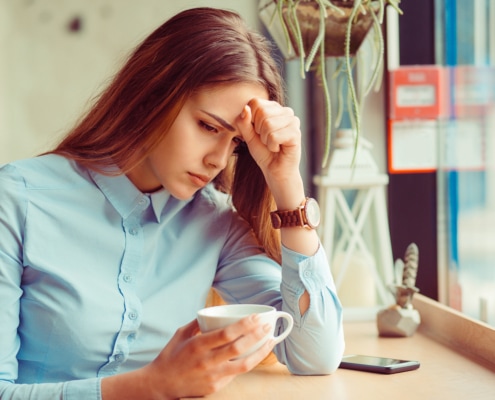 https://www.siamhillscoffee.com/wp-content/uploads/Caffeine-Withdrawal-and-Headaches-–-7-Tips-for-Relief-and-More-–-1-scaled.jpg
1707
2560
Siamhillscoffee
https://www.siamhillscoffee.com/wp-content/uploads/coffee-logo.png
Siamhillscoffee2021-02-12 07:16:582021-03-03 11:12:51Caffeine Withdrawal and Headaches – 7 Tips for Relief and More –
https://www.siamhillscoffee.com/wp-content/uploads/Caffeine-Withdrawal-and-Headaches-–-7-Tips-for-Relief-and-More-–-1-scaled.jpg
1707
2560
Siamhillscoffee
https://www.siamhillscoffee.com/wp-content/uploads/coffee-logo.png
Siamhillscoffee2021-02-12 07:16:582021-03-03 11:12:51Caffeine Withdrawal and Headaches – 7 Tips for Relief and More – https://www.siamhillscoffee.com/wp-content/uploads/20-Best-Ground-Coffee-Recipes-9.jpg
896
640
Siamhillscoffee
https://www.siamhillscoffee.com/wp-content/uploads/coffee-logo.png
Siamhillscoffee2021-02-12 07:10:502021-03-03 11:14:2220 Best Ground Coffee Recipes – Make Delicious Food With Coffee –
https://www.siamhillscoffee.com/wp-content/uploads/20-Best-Ground-Coffee-Recipes-9.jpg
896
640
Siamhillscoffee
https://www.siamhillscoffee.com/wp-content/uploads/coffee-logo.png
Siamhillscoffee2021-02-12 07:10:502021-03-03 11:14:2220 Best Ground Coffee Recipes – Make Delicious Food With Coffee –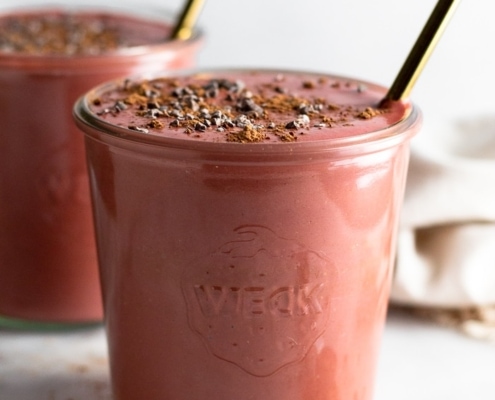 https://www.siamhillscoffee.com/wp-content/uploads/15-Great-Coffee-Breakfast-Smoothies-–-Simply-Delicious-Ways-to-Boost-Your-Morning-–14.jpg
1050
700
Siamhillscoffee
https://www.siamhillscoffee.com/wp-content/uploads/coffee-logo.png
Siamhillscoffee2021-02-12 06:52:492021-03-03 11:46:4615 Great Coffee Breakfast Smoothies – Delicious Ways to Boost Your Morning –
https://www.siamhillscoffee.com/wp-content/uploads/15-Great-Coffee-Breakfast-Smoothies-–-Simply-Delicious-Ways-to-Boost-Your-Morning-–14.jpg
1050
700
Siamhillscoffee
https://www.siamhillscoffee.com/wp-content/uploads/coffee-logo.png
Siamhillscoffee2021-02-12 06:52:492021-03-03 11:46:4615 Great Coffee Breakfast Smoothies – Delicious Ways to Boost Your Morning – https://www.siamhillscoffee.com/wp-content/uploads/Caffeine-Improves-Exercise-Performance-–-Does-Coffee-Make-Fit-–-1-scaled.jpg
1707
2560
Siamhillscoffee
https://www.siamhillscoffee.com/wp-content/uploads/coffee-logo.png
Siamhillscoffee2021-02-12 05:58:522021-03-03 11:49:58Caffeine Improves Exercise Performance – Does Coffee Make Fit? –
https://www.siamhillscoffee.com/wp-content/uploads/Caffeine-Improves-Exercise-Performance-–-Does-Coffee-Make-Fit-–-1-scaled.jpg
1707
2560
Siamhillscoffee
https://www.siamhillscoffee.com/wp-content/uploads/coffee-logo.png
Siamhillscoffee2021-02-12 05:58:522021-03-03 11:49:58Caffeine Improves Exercise Performance – Does Coffee Make Fit? – https://www.siamhillscoffee.com/wp-content/uploads/Is-Coffee-Addictive-–-A-Critical-Look-at-Coffee-and-Caffeine-–-1-scaled.jpg
1707
2560
Siamhillscoffee
https://www.siamhillscoffee.com/wp-content/uploads/coffee-logo.png
Siamhillscoffee2021-02-12 05:38:012021-03-03 11:55:00Is Coffee Addictive? – A Critical Look at Coffee and Caffeine –
https://www.siamhillscoffee.com/wp-content/uploads/Is-Coffee-Addictive-–-A-Critical-Look-at-Coffee-and-Caffeine-–-1-scaled.jpg
1707
2560
Siamhillscoffee
https://www.siamhillscoffee.com/wp-content/uploads/coffee-logo.png
Siamhillscoffee2021-02-12 05:38:012021-03-03 11:55:00Is Coffee Addictive? – A Critical Look at Coffee and Caffeine –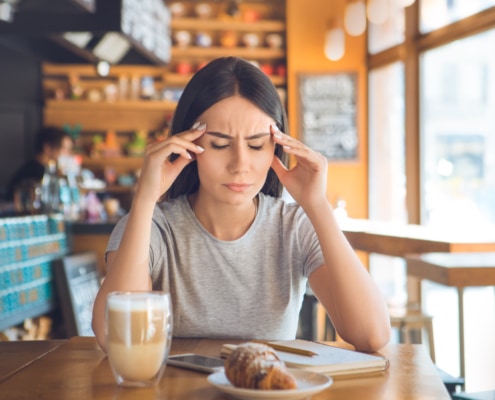 https://www.siamhillscoffee.com/wp-content/uploads/Caffeine-and-Migraines-–-Does-Caffeine-Trigger-or-Treat-Migraines-–-2-scaled.jpg
1707
2560
Siamhillscoffee
https://www.siamhillscoffee.com/wp-content/uploads/coffee-logo.png
Siamhillscoffee2021-02-12 05:06:562021-03-03 12:03:40Caffeine and Migraines – Does Caffeine Trigger or Treat Migraines –
https://www.siamhillscoffee.com/wp-content/uploads/Caffeine-and-Migraines-–-Does-Caffeine-Trigger-or-Treat-Migraines-–-2-scaled.jpg
1707
2560
Siamhillscoffee
https://www.siamhillscoffee.com/wp-content/uploads/coffee-logo.png
Siamhillscoffee2021-02-12 05:06:562021-03-03 12:03:40Caffeine and Migraines – Does Caffeine Trigger or Treat Migraines – https://www.siamhillscoffee.com/wp-content/uploads/Caffeine-And-Your-Body-Everything-to-Know-About-Caffeine-Effects-–-2-scaled.jpg
1707
2560
Siamhillscoffee
https://www.siamhillscoffee.com/wp-content/uploads/coffee-logo.png
Siamhillscoffee2021-02-12 04:44:592021-03-03 12:09:01Caffeine And Your Body – Everything to Know About Caffeine Effects –
https://www.siamhillscoffee.com/wp-content/uploads/Caffeine-And-Your-Body-Everything-to-Know-About-Caffeine-Effects-–-2-scaled.jpg
1707
2560
Siamhillscoffee
https://www.siamhillscoffee.com/wp-content/uploads/coffee-logo.png
Siamhillscoffee2021-02-12 04:44:592021-03-03 12:09:01Caffeine And Your Body – Everything to Know About Caffeine Effects – https://www.siamhillscoffee.com/wp-content/uploads/How-To-Open-A-Coffee-Shop-The-10-Most-Important-Steps-1-scaled.jpg
1708
2560
Siamhillscoffee
https://www.siamhillscoffee.com/wp-content/uploads/coffee-logo.png
Siamhillscoffee2021-02-12 04:37:232021-03-03 12:10:33How To Open A Coffee Shop – The 10 Most Important Steps
https://www.siamhillscoffee.com/wp-content/uploads/How-To-Open-A-Coffee-Shop-The-10-Most-Important-Steps-1-scaled.jpg
1708
2560
Siamhillscoffee
https://www.siamhillscoffee.com/wp-content/uploads/coffee-logo.png
Siamhillscoffee2021-02-12 04:37:232021-03-03 12:10:33How To Open A Coffee Shop – The 10 Most Important Steps https://www.siamhillscoffee.com/wp-content/uploads/How-To-Sell-Coffee-Online-–-Open-Your-Own-Online-Coffee-Shop-1-scaled.jpg
1697
2560
Siamhillscoffee
https://www.siamhillscoffee.com/wp-content/uploads/coffee-logo.png
Siamhillscoffee2021-02-12 04:32:292021-03-03 12:12:06How To Sell Coffee Online – Open Your Own Online Coffee Shop
https://www.siamhillscoffee.com/wp-content/uploads/How-To-Sell-Coffee-Online-–-Open-Your-Own-Online-Coffee-Shop-1-scaled.jpg
1697
2560
Siamhillscoffee
https://www.siamhillscoffee.com/wp-content/uploads/coffee-logo.png
Siamhillscoffee2021-02-12 04:32:292021-03-03 12:12:06How To Sell Coffee Online – Open Your Own Online Coffee Shop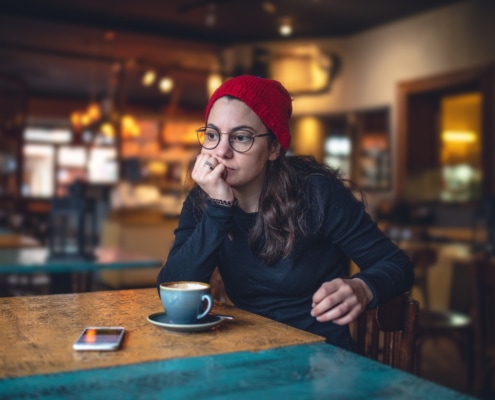 https://www.siamhillscoffee.com/wp-content/uploads/Caffeine-and-Depression-Does-Caffeine-Help-with-Depression-–-1-scaled.jpg
1707
2560
Siamhillscoffee
https://www.siamhillscoffee.com/wp-content/uploads/coffee-logo.png
Siamhillscoffee2021-02-12 04:23:222021-03-03 12:13:42Caffeine and Depression – Does Caffeine Help with Depression? –
https://www.siamhillscoffee.com/wp-content/uploads/Caffeine-and-Depression-Does-Caffeine-Help-with-Depression-–-1-scaled.jpg
1707
2560
Siamhillscoffee
https://www.siamhillscoffee.com/wp-content/uploads/coffee-logo.png
Siamhillscoffee2021-02-12 04:23:222021-03-03 12:13:42Caffeine and Depression – Does Caffeine Help with Depression? –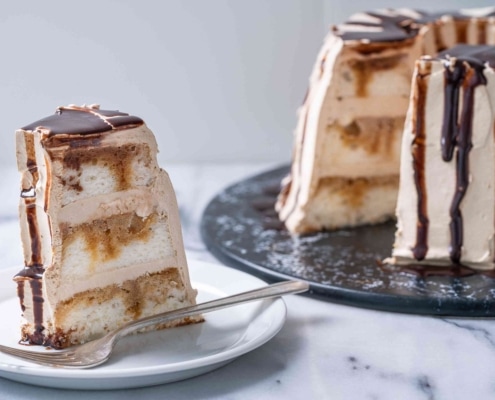 https://www.siamhillscoffee.com/wp-content/uploads/20-Best-Coffee-Dessert-Recipes-–-Your-Perfectly-Delicious-Coffee-Treat-–-1-scaled.jpg
1708
2560
Siamhillscoffee
https://www.siamhillscoffee.com/wp-content/uploads/coffee-logo.png
Siamhillscoffee2021-02-12 04:13:312021-03-03 12:17:1120 Best Coffee Dessert Recipes – Your Perfectly Delicious Coffee Treat –
https://www.siamhillscoffee.com/wp-content/uploads/20-Best-Coffee-Dessert-Recipes-–-Your-Perfectly-Delicious-Coffee-Treat-–-1-scaled.jpg
1708
2560
Siamhillscoffee
https://www.siamhillscoffee.com/wp-content/uploads/coffee-logo.png
Siamhillscoffee2021-02-12 04:13:312021-03-03 12:17:1120 Best Coffee Dessert Recipes – Your Perfectly Delicious Coffee Treat – https://www.siamhillscoffee.com/wp-content/uploads/Coffee-and-Caffeine-–-How-Much-Caffeine-is-Okay-for-You-–-1-scaled.jpg
1709
2560
Siamhillscoffee
https://www.siamhillscoffee.com/wp-content/uploads/coffee-logo.png
Siamhillscoffee2021-02-12 03:54:492021-03-03 12:25:58Coffee and Caffeine – How Much Caffeine is Okay for You? –
https://www.siamhillscoffee.com/wp-content/uploads/Coffee-and-Caffeine-–-How-Much-Caffeine-is-Okay-for-You-–-1-scaled.jpg
1709
2560
Siamhillscoffee
https://www.siamhillscoffee.com/wp-content/uploads/coffee-logo.png
Siamhillscoffee2021-02-12 03:54:492021-03-03 12:25:58Coffee and Caffeine – How Much Caffeine is Okay for You? – https://www.siamhillscoffee.com/wp-content/uploads/Make-Your-Coffee-Better-–-6-Fun-Ways-to-Boost-Your-Coffee-–-1-scaled.jpg
1709
2560
Siamhillscoffee
https://www.siamhillscoffee.com/wp-content/uploads/coffee-logo.png
Siamhillscoffee2021-02-12 03:45:112021-03-03 12:29:07Make Your Coffee Better – 6 Fun Ways to Boost Your Coffee –
https://www.siamhillscoffee.com/wp-content/uploads/Make-Your-Coffee-Better-–-6-Fun-Ways-to-Boost-Your-Coffee-–-1-scaled.jpg
1709
2560
Siamhillscoffee
https://www.siamhillscoffee.com/wp-content/uploads/coffee-logo.png
Siamhillscoffee2021-02-12 03:45:112021-03-03 12:29:07Make Your Coffee Better – 6 Fun Ways to Boost Your Coffee –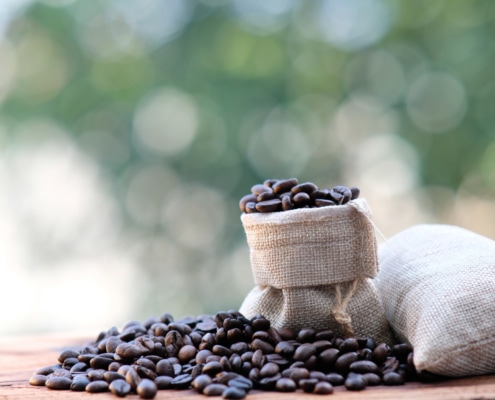 https://www.siamhillscoffee.com/wp-content/uploads/Eating-Coffee-Beans-–-Yummy-Healthy-or-Stupid-–-1.jpg
1414
2121
Siamhillscoffee
https://www.siamhillscoffee.com/wp-content/uploads/coffee-logo.png
Siamhillscoffee2021-02-12 03:04:352021-03-03 12:37:32Eating Coffee Beans – Yummy, Healthy or Stupid –
https://www.siamhillscoffee.com/wp-content/uploads/Eating-Coffee-Beans-–-Yummy-Healthy-or-Stupid-–-1.jpg
1414
2121
Siamhillscoffee
https://www.siamhillscoffee.com/wp-content/uploads/coffee-logo.png
Siamhillscoffee2021-02-12 03:04:352021-03-03 12:37:32Eating Coffee Beans – Yummy, Healthy or Stupid –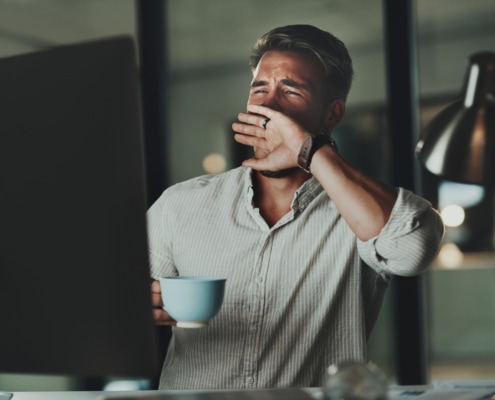 https://www.siamhillscoffee.com/wp-content/uploads/Caffeine-Side-Effects-–-10-Side-Effects-of-Too-Much-Caffeine-–-1.jpg
1414
2119
Siamhillscoffee
https://www.siamhillscoffee.com/wp-content/uploads/coffee-logo.png
Siamhillscoffee2021-02-12 02:58:352021-03-03 12:39:16Caffeine Side Effects – 10 Side Effects of Too Much Caffeine –
https://www.siamhillscoffee.com/wp-content/uploads/Caffeine-Side-Effects-–-10-Side-Effects-of-Too-Much-Caffeine-–-1.jpg
1414
2119
Siamhillscoffee
https://www.siamhillscoffee.com/wp-content/uploads/coffee-logo.png
Siamhillscoffee2021-02-12 02:58:352021-03-03 12:39:16Caffeine Side Effects – 10 Side Effects of Too Much Caffeine –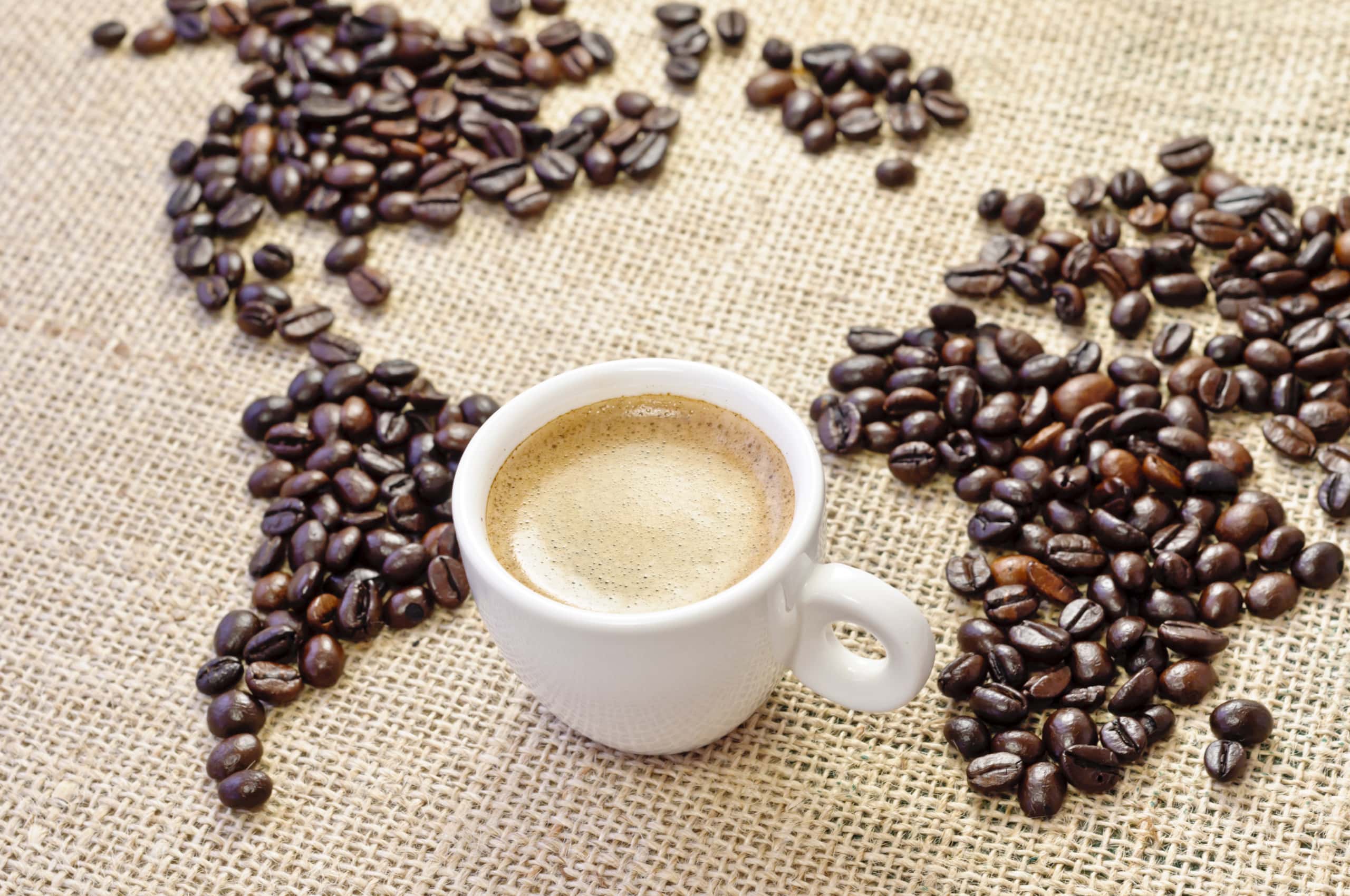 https://www.siamhillscoffee.com/wp-content/uploads/A-Coffee-Journey-–-10-Steps-From-the-Seed-to-Your-Cup-–-1-scaled.jpg
1700
2560
Siamhillscoffee
https://www.siamhillscoffee.com/wp-content/uploads/coffee-logo.png
Siamhillscoffee2021-02-12 02:31:102021-02-20 14:09:30A Coffee Journey – 10 Steps From the Seed to Your Cup –
https://www.siamhillscoffee.com/wp-content/uploads/A-Coffee-Journey-–-10-Steps-From-the-Seed-to-Your-Cup-–-1-scaled.jpg
1700
2560
Siamhillscoffee
https://www.siamhillscoffee.com/wp-content/uploads/coffee-logo.png
Siamhillscoffee2021-02-12 02:31:102021-02-20 14:09:30A Coffee Journey – 10 Steps From the Seed to Your Cup – https://www.siamhillscoffee.com/wp-content/uploads/Coffee-Diet-–-Can-You-Really-Lose-Weight-With-Coffee-–-1-2-scaled.jpg
1708
2560
Siamhillscoffee
https://www.siamhillscoffee.com/wp-content/uploads/coffee-logo.png
Siamhillscoffee2021-02-12 02:07:232021-03-03 13:38:57Coffee Diet – Can You Really Lose Weight With Coffee? –
https://www.siamhillscoffee.com/wp-content/uploads/Coffee-Diet-–-Can-You-Really-Lose-Weight-With-Coffee-–-1-2-scaled.jpg
1708
2560
Siamhillscoffee
https://www.siamhillscoffee.com/wp-content/uploads/coffee-logo.png
Siamhillscoffee2021-02-12 02:07:232021-03-03 13:38:57Coffee Diet – Can You Really Lose Weight With Coffee? – https://www.siamhillscoffee.com/wp-content/uploads/10_reasons_to_drink_coffee_every_day.jpg
1414
2121
Siamhillscoffee
https://www.siamhillscoffee.com/wp-content/uploads/coffee-logo.png
Siamhillscoffee2019-11-05 07:26:292021-03-03 13:31:5310 Reasons to Drink Coffee Every Day
https://www.siamhillscoffee.com/wp-content/uploads/10_reasons_to_drink_coffee_every_day.jpg
1414
2121
Siamhillscoffee
https://www.siamhillscoffee.com/wp-content/uploads/coffee-logo.png
Siamhillscoffee2019-11-05 07:26:292021-03-03 13:31:5310 Reasons to Drink Coffee Every Day
